PSG shift focus to homegrown talent with campus project
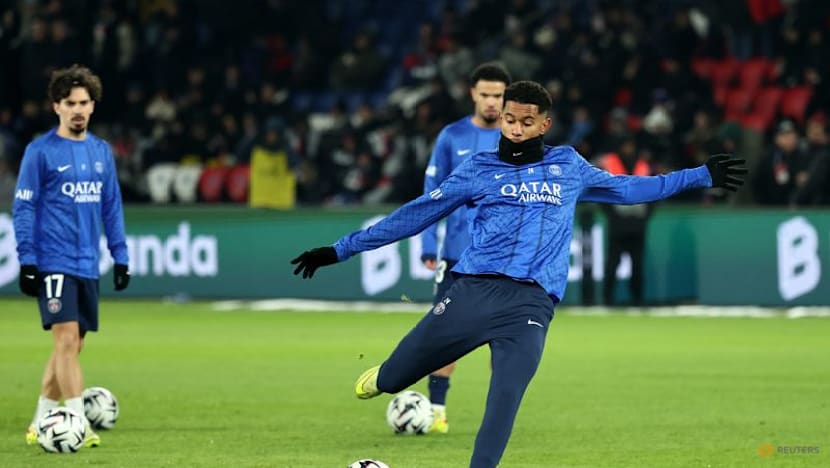
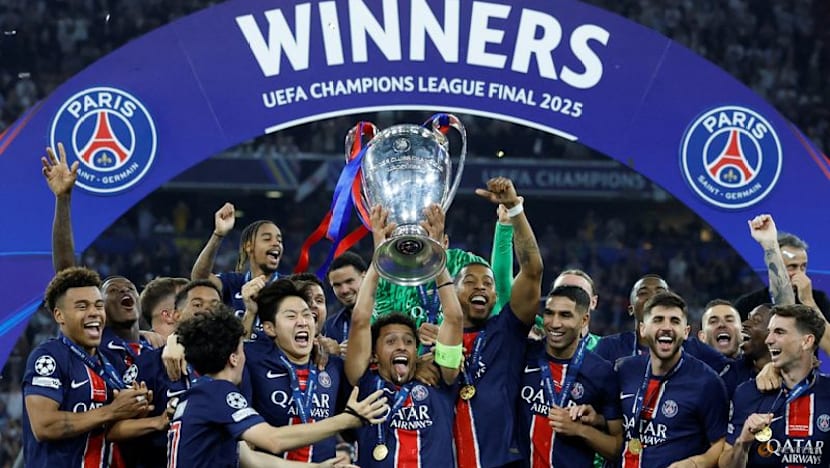
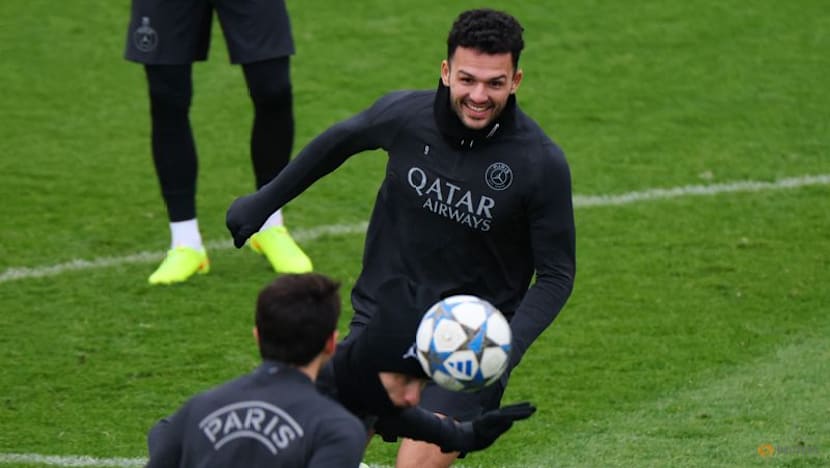
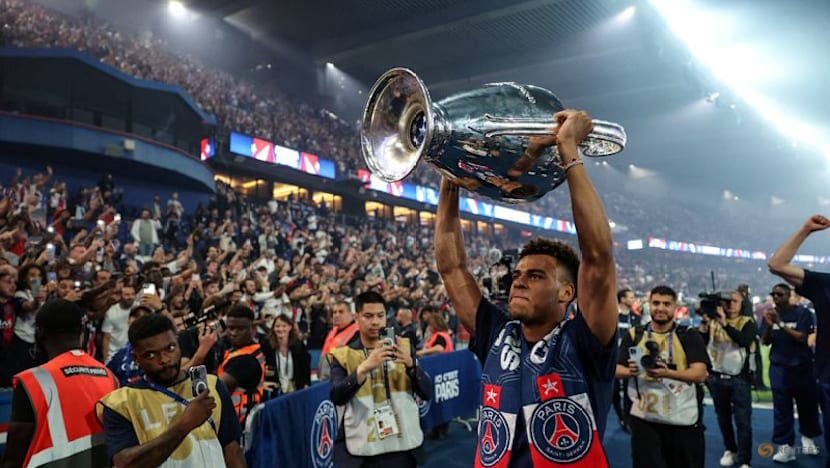
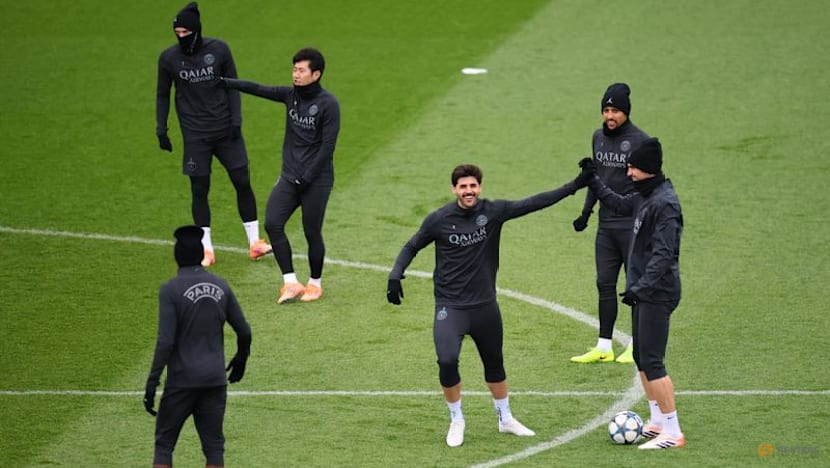
PARIS :When academy forward Senny Mayulu scored the final goal in Paris St Germain’s Champions League final victory over Inter Milan, it felt like more than completing the rout of the Italian side.
For the French club, it symbolised a strategic turn. After more than a decade of headline-grabbing signings, PSG are banking on their new 350 million ($403 million) training campus to build future squads largely from within.
The facility on the outskirts of Paris brings together PSG’s men’s, women’s and youth teams under one structure, a move designed to reflect the club’s shift toward developing homegrown talent.
"There’s only one flight of stairs to climb," sports director Luis Campos told reporters. "In the long term, it will be possible to build a squad without spending fortunes on the market and have a team with a French identity."
That identity is already visible. This season, five academy players — Warren Zaire-Emery, Senny Mayulu, Noham Kamara, Ibrahim Mbaye and Quentin Ndjantou — have been integrated into the first team.
PSG also fielded the youngest starting XI in their history against Montpellier in May, with an average age of 21 years and 251 days, and the team who lifted the Champions League were the second-youngest to win the competition, averaging 24 years and 110 days - just older than the 1994-95 Ajax Amsterdam team.
Two of the club’s brightest prospects have broken records - Zaire-Emery started a match at 16 years, four months and 29 days and Mbaye played aged only two months older.
The policy marks a departure from the approach taken after Qatar Sports Investments (QSI) acquired the club in 2011, when PSG became one of Europe’s biggest spenders.
The French champions signed global stars such as Zlatan Ibrahimovic, Neymar, Kylian Mbappe and Lionel Messi, but failed to win the European Cup for the first time with them.
THREE PILLARS OF PROJECT
The campus project, completed in January 2024, is built on three pillars, sporting development, education and personal growth, academy director Yohan Cabaye said.
Cabaye confirmed last week’s visit from the Inspection du Travail, a French state authority responsible for monitoring compliance with labour law, which is looking into alleged mismanagement at the academy.
"We have nothing to hide," he said. "When you have ambition, you must accept the level of demands that comes with it. We have to keep moving forward and working. For me the most important thing, and where everyone’s focus should remain, is our core mission."
The proximity of the academy players to the senior squad is intended to ease transitions.
"We want our youth teams to understand the principles of play used by the head coach," Campos said. "When they step up, they must already know our pressing and possession game."
To create room for them, PSG have deliberately trimmed the size of the senior squad.
"These are not gifts," Campos added. "Our squad is built to have 14 or 15 versatile players and space for six or seven academy talents to earn their place."
The shift comes as French football faces economic pressure following a downturn in domestic broadcast revenues. For PSG, developing players in-house is becoming both a sporting and financial necessity.
"This is just the beginning," Cabaye said. "We’re celebrating 50 years, but this project is the start of something much bigger."













